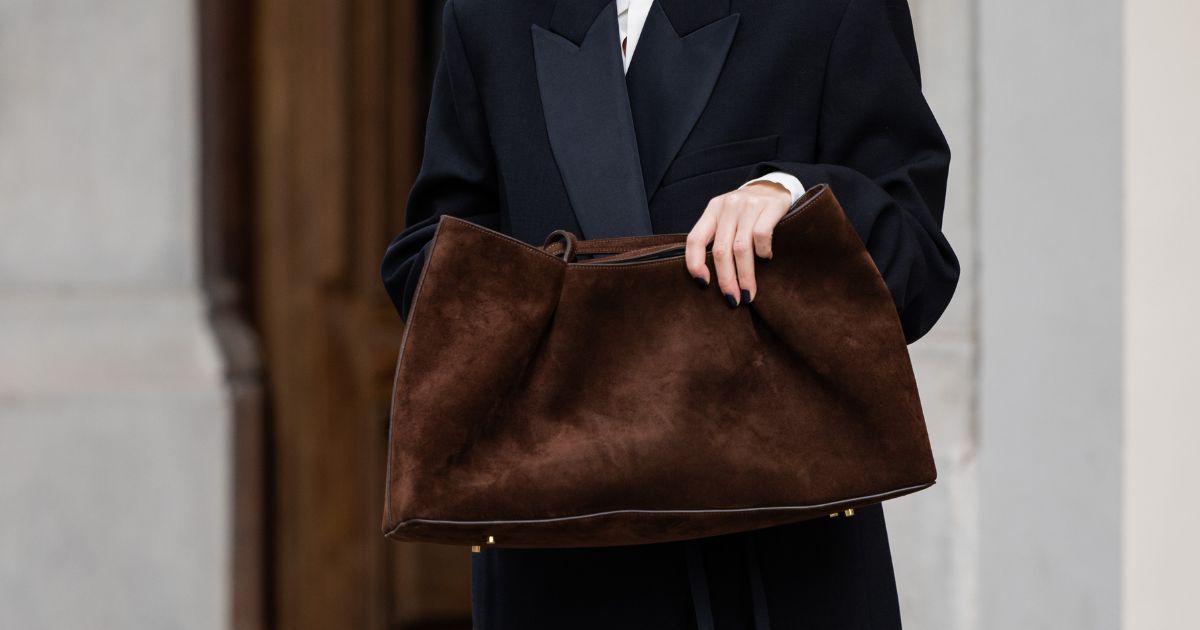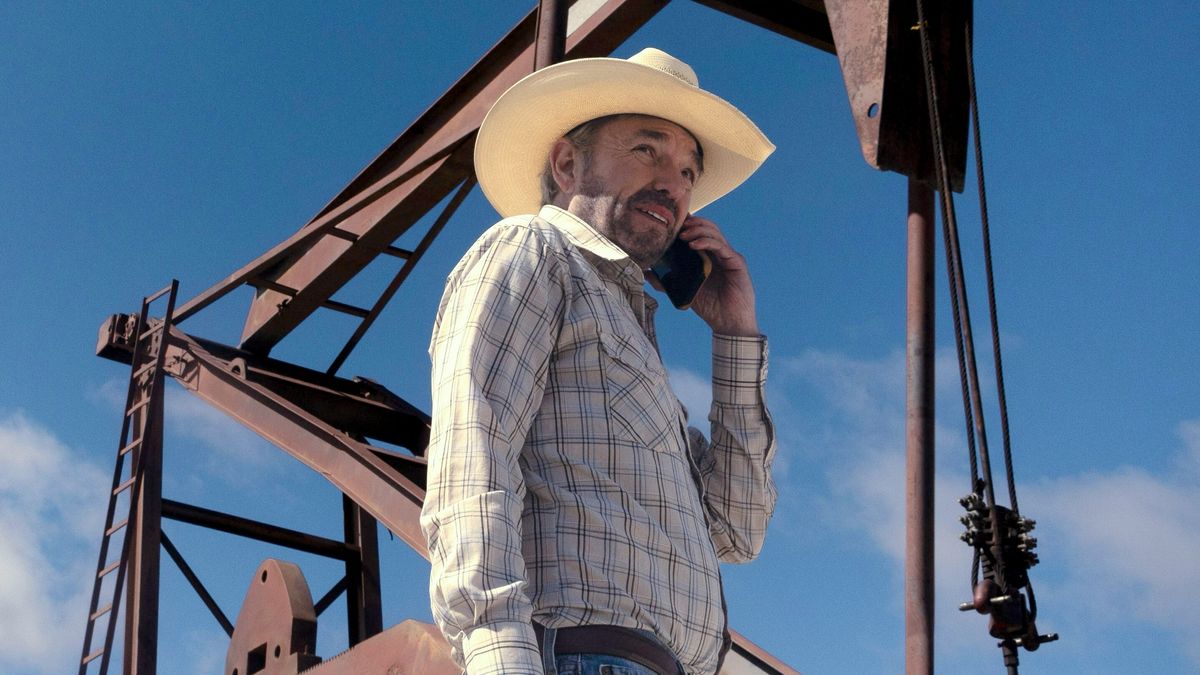During her Autumn Statement, on Wednesday 30 October, Reeves said businesses will receive 40% relief on business rates for retail and hospitality, up to a cap of £25,000. The current 75% discount to business rates will expire in April 2025.
The multiplier for small businesses will remain frozen at 49.9p.
Reeves has also increased National Insurance by employers from 13.8% to 15%. In her first budget, Reeves said that the threshold that businesses pay National Insurance on a workers' earnings would be lowered from £9,100 to £5,000.
She acknowledged it was a "difficult choice" and one she did take lightly.
Rachel Reeves also said the government will clamp down on shoplifters and target gangs carrying out organised retail crime.
Reeves said she had listened to the British Retail Consortium (BRC) and trade union Usdaw, and would prioritise reducing shop theft.
During what was the first budget by a Labour government since 2012, and the first to ever be delivered by a female chancellor, Reeves set out her tax and spending plans for the country, saying there was a "£22bn black hole" in the UK's finances as a result of the last government.
"Never again will we allow a government to play fast and loose with our public finances," she said.
The priority of her budget was to "restore economic stability", Reeves continued.
She confirmed the minimum wage will rise in April, meaning over-21s will receive £12.21 an hour.
The capital gains tax (CGT) - profits made from selling assets like a second home, investments or shares - will increase from 10% to 18%, while the higher rate will increase from 20% to 24%, Reeves said.
Setting out her inflation predictions, she said the Office for Budget Responsibility (OBR) say consumer price inflation (CPI) will average 2.5% this year.
Reeves also said the government would freeze fuel duty for 2025 and there would be no National Insurance, VAT or income tax increase.
Reeves said there had been "difficult decisions" to be made, regarding tax rises and spending cuts, thought to be as much as £40bn.
In the Drapers Fashion Retail Manifesto published in June, before the general election, the overwhelming priority for fashion retail was business rates reform. Industry leaders said lowering business rates was vitally important for both independents and high street multiple retailers.
Leaders also called for reform of the Landlord and Tenant Act 1954, and for the introduction of Stamp Duty Land Tax relief on retail property transactions.
Retail bosses also wanted the government to boost business with the reinstatement of the VAT Retail Export Scheme (also known as “Tax-Free Shopping”) and the introduction of a digital tax-free shopping scheme, this was not mentioned in today's Budget.
 3 weeks ago
5
3 weeks ago
5




















 English (US) ·
English (US) ·